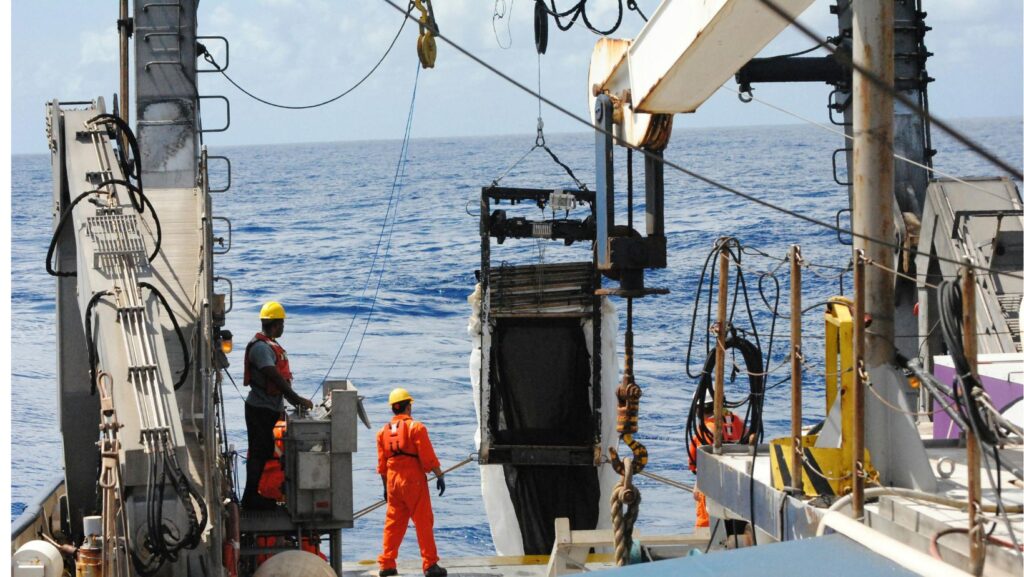Working offshore can be rewarding, but it also presents serious risks that are not always visible at first glance. The ocean is unpredictable, and the environment aboard oil rigs, ships, or drilling platforms often exposes workers to dangerous machinery, weather conditions, and high-pressure operations. When accidents occur, they tend to be severe, resulting in long-term injury or even permanent disability. In such cases, securing compensation becomes a daunting task, which is why working with an experienced offshore accident lawyer is crucial.
The Complexity of Offshore Injury Claims
Offshore injuries aren’t like typical workplace accidents. The laws governing these incidents differ dramatically from land-based personal injury claims. Injured workers aren’t always covered under standard workers’ compensation programs. Instead, their rights often fall under complex maritime laws such as the Jones Act, the Longshore and Harbor Workers’ Compensation Act (LHWCA), and general maritime law. Each of these laws has different eligibility criteria, deadlines, and procedures, making it essential to have legal representation familiar with this specialized field.
The Jones Act, for instance, allows injured seamen to sue their employers for negligence—a provision not available in regular workers’ comp claims. However, proving negligence under this act requires a specific burden of proof and careful evidence collection. Without proper legal guidance, many injured workers either miss filing deadlines or fail to meet the stringent criteria needed for a successful claim.

Why Experience Matters in Offshore Injury Cases
When selecting legal representation, experience in offshore injury litigation should be non-negotiable. An offshore accident lawyer understands how to navigate the intricacies of maritime law and has the resources to investigate incidents thoroughly. Offshore accident scenes are often difficult to access, and the involved companies may have legal teams prepared to minimize liability. A seasoned attorney knows how to collect evidence, secure expert testimony, and advocate fiercely for fair compensation.
Moreover, offshore companies often employ aggressive tactics to limit their responsibility. They may rush injured workers into signing agreements or offer quick settlements that fall far below what the worker actually needs for medical care and recovery. An attorney who focuses on offshore injuries can help victims avoid these traps, ensuring they don’t unknowingly waive their rights.
The Importance of Timely Action
Time is not on the side of an injured offshore worker. Maritime laws are strict when it comes to filing deadlines, and delaying legal action can result in the forfeiture of benefits and compensation. For example, under the Jones Act, claims must generally be filed within three years of the accident. In the case of LHWCA claims, workers usually have only one year.
Beyond legal deadlines, early action also helps preserve critical evidence. Witness statements, maintenance logs, and physical evidence can all deteriorate or disappear over time. A qualified attorney will act swiftly to gather these materials before they’re lost, strengthening the overall case.
How Offshore Injuries Affect Workers Long-Term
An offshore injury doesn’t just affect someone physically—it can have significant emotional and financial consequences. Workers often face long recovery periods that keep them off the job, leaving families without income and creating mounting medical bills. Some never return to their previous level of health or ability, which can lead to a lifetime of reduced earnings and chronic pain.
The financial impact of these injuries can be devastating. Lost wages, future medical care, and necessary life adjustments (such as in-home care or mobility aids) need to be factored into any settlement. An experienced lawyer can calculate these damages accurately, taking into account both current losses and future needs.
Conclusion
Offshore work offers high rewards, but those rewards come with significant risks. When accidents occur, they often involve complex legal issues that make recovery challenging without professional assistance. Whether the injury occurred on a drilling rig, a commercial vessel, or during transport, seeking legal assistance is not just a smart move—it’s a necessary one. A knowledgeable offshore accident lawyer provides the support and expertise needed to pursue full and fair compensation in these high-stakes cases.

